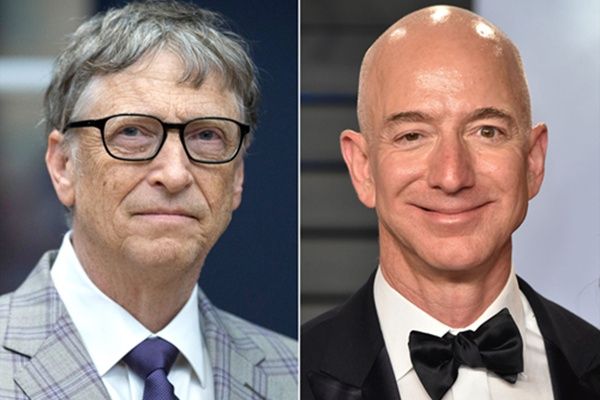KoBold Metals seeks to acquire part of the Manono lithium project in the Democratic Republic of Congo (DRC). According to multiple sources, in January 2025, KoBold sent a proposal to President Félix Tshisekedi’s chief of staff. The company, which uses artificial intelligence for mining exploration, is financed by Bezos and Gates.
Since 2023, AVZ has been challenging the DRC’s decision to revoke its rights to Manono and divide the permit. The government awarded part of the deposit to China's Zijin Mining. Recently, the International Chamber of Commerce (ICC) ordered Cominière to pay €39.1 million in penalties for failing to comply with injunctions but did not resolve ownership disputes.
KoBold has reportedly proposed a compromise: AVZ would receive compensation for dropping its claims, Zijin would retain control of the northern section of Manono, and KoBold would develop the southern portion. The U.S. company also suggested that minority shares be held directly by the Congolese state rather than Cominière.
None of the involved parties AVZ, Zijin Mining, or Cominière has officially commented on KoBold’s offer. Meanwhile, Suzhou CATH Energy Technologies, AVZ's Chinese partner, has provided a $20 million credit facility to support AVZ in its legal fight in January 2025.
On March 14, AVZ confirmed efforts to secure U.S. support for developing Manono but declined to disclose details about discussions or potential partners.
KoBold’s move reflects broader geopolitical stakes. Reports suggest that
Washington and Kinshasa are discussing a minerals-for-military-support deal. The U.S. aims to secure access to critical minerals like lithium while assisting the DRC in fighting rebel forces in Kivu.
KoBold is no stranger to Africa’s mining sector. The company uses artificial intelligence to search for metals that are critical to the energy transition. In 2022, it gained attention by investing in a Zambian copper deposit. CEO Kurt House has called the DRC “the best place in the world” for sourcing materials essential to energy transition technologies.
Emiliano Tossou










